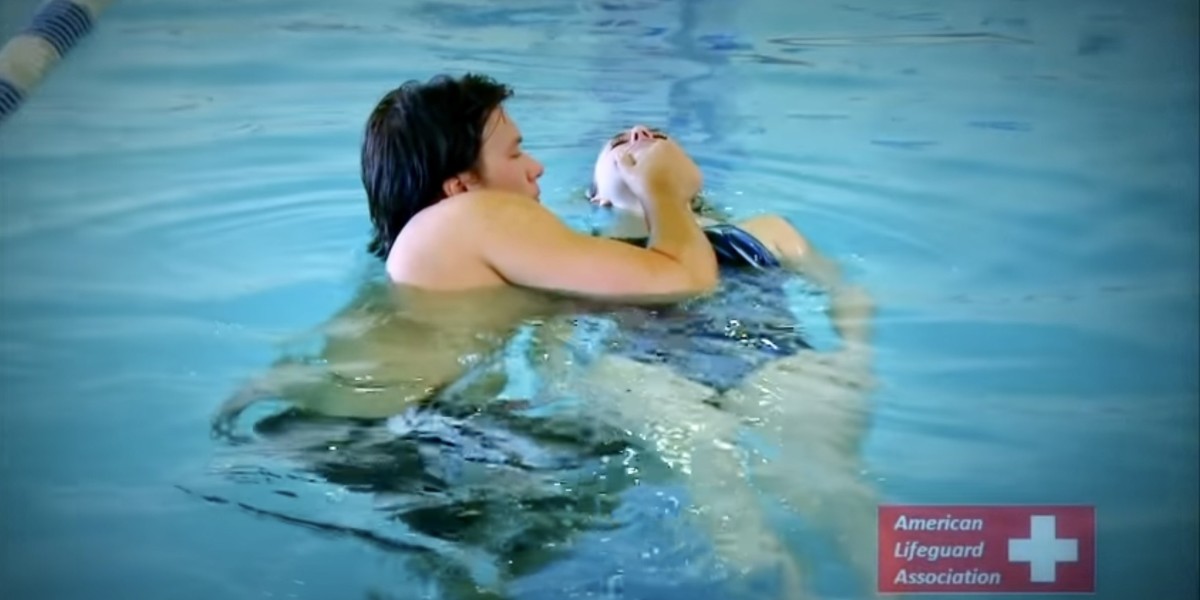What is a Lifeguard Course?
A lifeguard course is designed to equip individuals with the necessary skills and knowledge to effectively ensure the safety of swimmers and beachgoers. These courses cover a wide range of topics, from water rescue techniques to first aid and CPR.
Importance of Proper Training
Proper training is crucial for anyone aspiring to become a lifeguard. It not only teaches essential life-saving skills but also instills confidence and preparedness to handle emergency situations effectively.
Finding the Right Course Near You
Local Options vs Online Courses
When searching for a lifeguard course near me, you'll often come across both local in-person options and online courses. While online courses offer convenience, local courses provide hands-on training and practical experience, which is essential for mastering lifeguard skills.
Researching Course Providers
Before enrolling in a course, it's important to research the various course providers in your area. Look for accredited programs with experienced instructors and comprehensive curriculum to ensure you're getting quality training.
Reading Reviews and Testimonials
Reading reviews and testimonials from past students can give you valuable insights into the quality of the course and the effectiveness of the training provided. This can help you make an informed decision and choose a course that best suits your needs.
Preparing for Your Course
Necessary Prerequisites
Most lifeguard courses have certain prerequisites that you need to meet before enrolling. These may include a minimum age requirement, swimming proficiency tests, and basic first aid knowledge. Make sure to check the course requirements beforehand to ensure you're eligible to enroll.
Required Equipment and Materials
Before starting your course, you'll need to gather all the necessary equipment and materials. This may include a swimsuit, goggles, a CPR mask, and course textbooks. Having the right equipment will help you fully engage in the training and practice the skills effectively.
Mental Preparation
Preparing mentally for the course is just as important as physical preparation. Be open to learning new skills and techniques, and maintain a positive attitude throughout the course. Remember, the goal is to acquire valuable skills that could save lives in emergency situations.
What to Expect During the Course
Course Duration and Structure
Lifeguard courses vary in duration and structure, but most include a combination of classroom instruction, practical training, and hands-on exercises. Be prepared for intensive training sessions and be willing to put in the effort to master the required skills.
Key Topics Covered
The course will cover a variety of key topics, including water rescue techniques, first aid and CPR, lifeguarding protocols and procedures, and emergency response strategies. Pay close attention to these topics as they are essential for becoming a competent lifeguard.
Hands-On Training and Practical Skills
Hands-on training and practical skills are a crucial part of any lifeguard course. You'll have the opportunity to practice water rescue techniques, perform CPR and first aid procedures, and participate in simulated rescue scenarios. Take advantage of these opportunities to hone your skills and build confidence.
Making the Most of the Experience
Active Participation and Engagement
Active participation and engagement are key to getting the most out of your lifeguard course. Be proactive in asking questions, seeking clarifications, and participating in class discussions and activities. This will not only enhance your learning experience but also demonstrate your commitment to mastering the necessary skills.
Asking Questions and Seeking Clarifications
Don't hesitate to ask questions and seek clarifications whenever you're unsure about something. The instructors are there to help you learn and succeed, so take advantage of their expertise and guidance.
Networking with Instructors and Peers
Networking with instructors and peers can be beneficial for your future career as a lifeguard. Building relationships with experienced professionals and like-minded individuals can provide you with valuable insights, advice, and opportunities for career advancement.
Post-Course Steps and Continuing Education
Certification and Licensing Process
After successfully completing your lifeguard course, you'll need to go through the certification and licensing process to become a certified lifeguard. This typically involves passing written and practical exams administered by accredited organizations. Once certified, you'll be qualified to work as a lifeguard at various facilities, including pools, beaches, and water parks.
Keeping Skills Sharp
To maintain your lifeguarding skills and stay prepared for emergency situations, it's important to regularly practice and review the techniques and procedures you learned during the course. Consider attending refresher courses or workshops to keep your skills sharp and up-to-date.
Advanced Training and Specializations
Once you've gained some experience as a lifeguard, you may want to pursue advanced training and specializations to expand your skill set and career opportunities. This could include specialized rescue techniques, advanced first aid and CPR training, or certifications in areas like aquatics management or water park supervision.
Conclusion
Getting the most out of your lifeguard course near you requires careful preparation, active participation, and ongoing commitment to learning and improving your skills. By choosing the right course, preparing adequately, and fully engaging in the training, you can acquire the necessary knowledge and confidence to become a competent and effective lifeguard.
1. How long does a lifeguard course typically last?
A lifeguard course can vary in duration, but most standard courses last between 25 to 30 hours of instruction, spread over several days or weeks.



